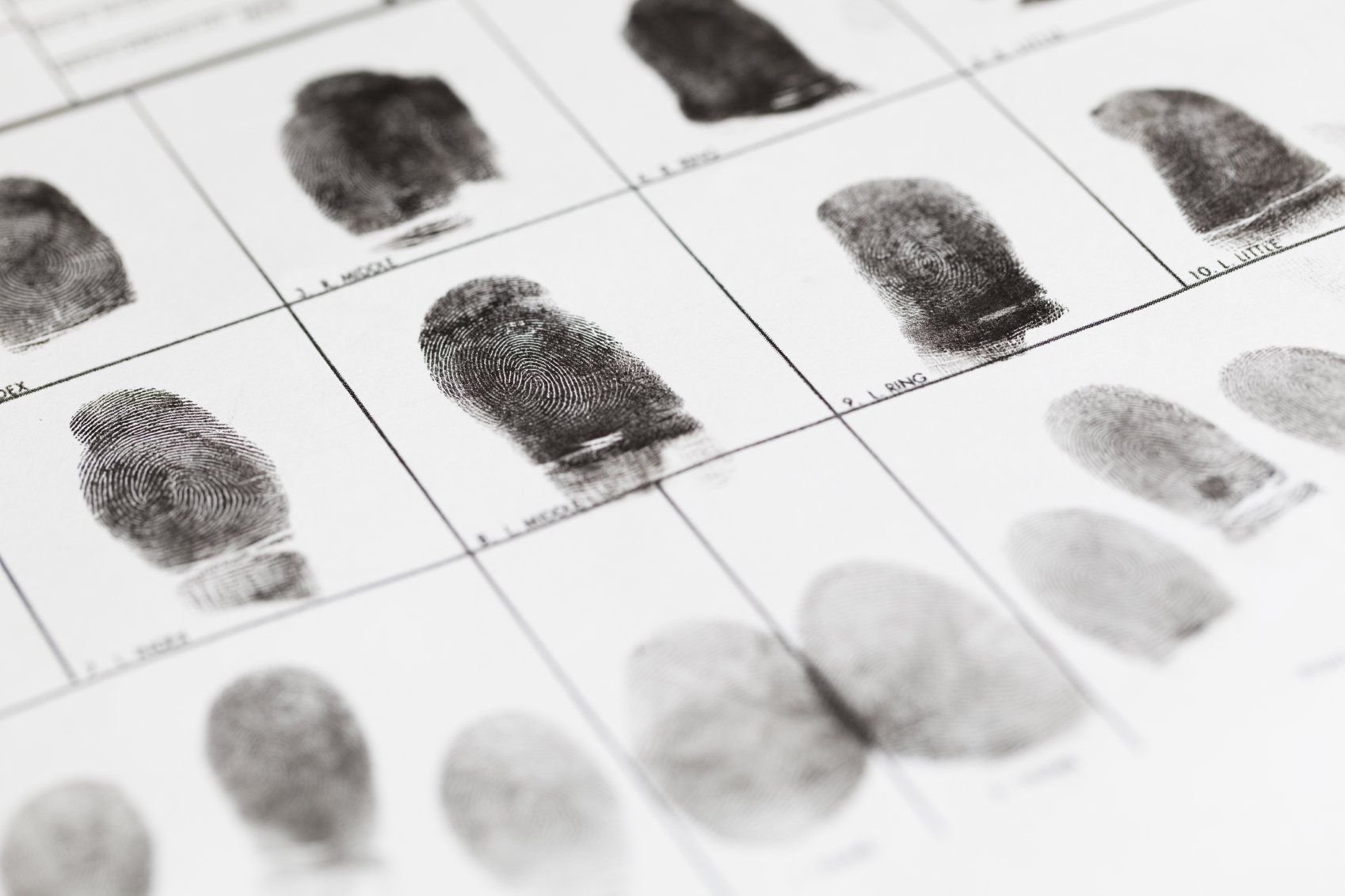ICO call on G7 to clear up Cookie pop-up challenge
With the G7 summit taking place earlier this year in Carbis Bay, Cornwall the ICO has followed up with a virtual meeting earlier this month to discuss the issue of Cookie Pop-up's
The Information Commissioners Office (ICO) chaired a meeting earlier this month to call upon fellow G7 data protection and privacy authorities to better tackle and overhaul the cookie consent pop-up issue. This has come about because of the changes in legislation brought about by the implementation of the GDPR back in 2018.
Cookies are small text files that can help websites identify returning users or track them across huge advertising networks. Ever wondered why you see those ads that seem to follow you all around the internet for something that you recently searched for? Well, these are made possible by cookies.
Cookies can store your user behaviour information, for example; how long you were on their website, what you clicked on, items that you left in your shopping cart, preferences or settings that you chose and much more.
Chairing the meeting, the Information Commissioner Elizabeth Denham virtually met with the G7 authorities on 7-8 September. At this meeting, she presented an idea on how to improve the current cookie consent mechanism, making web browsing smoother and more business friendly while better protecting personal data.
Most of the time people simply automatically select ‘I agree’ when they are presented with cookies pop-ups on websites, which means they are not really having meaningful control over their personal data.
Information Commissioner Elizabeth Denham said:
"I often hear people say they are tired of having to engage with so many cookie pop-ups. That fatigue is leading to people giving more personal data than they would like.
“The cookie mechanism is also far from ideal for businesses and other organisations running websites, as it is costly and it can lead to poor user experience. While I expect businesses to comply with current laws, my office is encouraging international collaboration to bring practical solutions in this area.
“There are nearly two billion websites out there taking account of the world’s privacy preferences. No single country can tackle this issue alone. That is why I am calling on my G7 colleagues to use our convening power. Together we can engage with technology firms and standards organisations to develop a coordinated approach to this challenge"
Joined by the Organisation for Economic Cooperation and Development (OECD) and the World Economic Forum (WEF), each G7 authority will present a specific technology or innovation issue they believe closer cooperation is needed. The event is closely aligned with the G7 “Data Free Flow with Trust” initiative.
While this approach is already technologically possible and compliant with data protection law, the ICO believes the G7 authorities could have a major impact in encouraging technology firms and standards organisations to further develop and roll out privacy-oriented solutions to this issue.
Ms Denham added:
"The digital world brings international opportunities and challenges, but these are currently being addressed by a series of domestic solutions. We need to consider how the work of governments and regulators can be better knitted together, to keep people’s trust in data driven innovation.”


